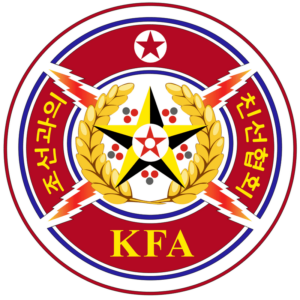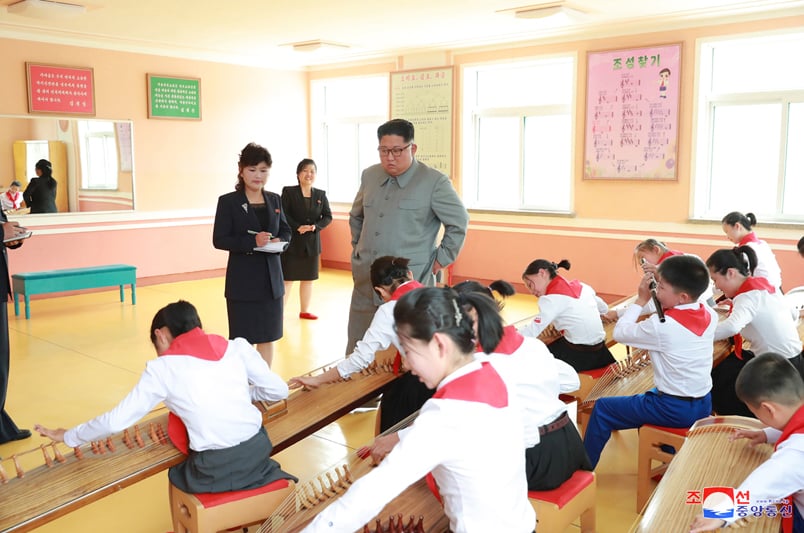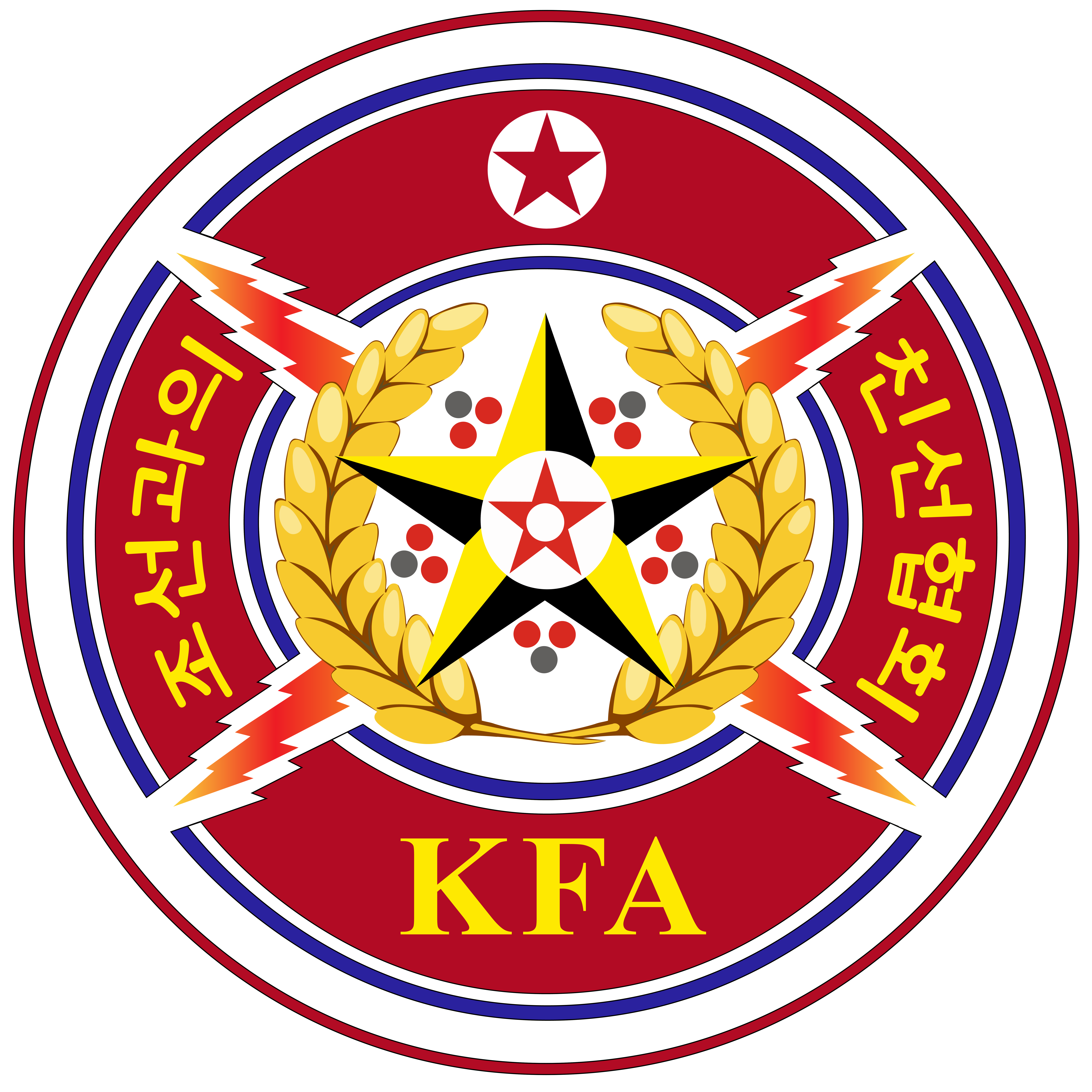News
Free Compulsory Education System in DPRK.
Forty-three years have passed since President Kim Il Sung made public the immortal classic work, titled, The Theses on Socialist Education.
Our socialist education system clarified by the theses is the universal compulsory, free education.
Socialist education is an education for all members of society to bring them up as socialist human beings. All the people in the society are provided with the right and duty to education.
After Korea’s liberation in August 1945, the DPRK government built schools at all levels from primary schools to universities in a short period of time and established a well-regulated democratic education system. On this basis, it enforced the universal compulsory education system stage by stage according to the advance of the revolution and construction and the buildup of the national economic foundations.
It enforced the universal compulsory primary and secondary education respectively in Juche 45 (1956) and Juche 47 (1958), the universal 9-year compulsory technical education from Juche 56 (1967) and the universal 11-year compulsory education involving one-year preschool education and 10-year school education from Juche 61 (1972). It adopted the law on enforcing the universal 12-year compulsory education in Juche 101 (2012).
It makes sure that all the working people are involved in refresher and short courses and several other study systems to learn compulsorily.
Proceeding from the principle of assuming full responsibility for education of the people, our country has put in force the most thoroughgoing free education system.
During the anti-Japanese revolutionary struggle, Kim Il Sung ensured that the compulsory free education was enforced for the first time at schools in the revolutionized rural areas and Children’s Corps schools in the guerrilla bases and thus achieved the valuable experience in and shining exploits for effecting the original free education system.
After national liberation, the free education system was promoted step by step in keeping with new environment and conditions, and the universal free education system was enforced from April 1, Juche 48 (1959).
All the children and students study free of charge at educational institutions at all levels, from kindergartens to universities. All sorts of social education are also available gratis, and the funds to this end are all borne by the State.
The school expenses are given much weight in the State budget expenditure, and they increase systematically every year.
The people-oriented policies pursued by the Workers’ Party of Korea and the State which spare nothing for education of the rising generations and the training of national cadres, and the ever-solidifying self-supporting national economy constitute a sure guarantee for the universal free education system at State expense.
Yu Song Chol, PhD, Kim Hyong Jik University of Education


